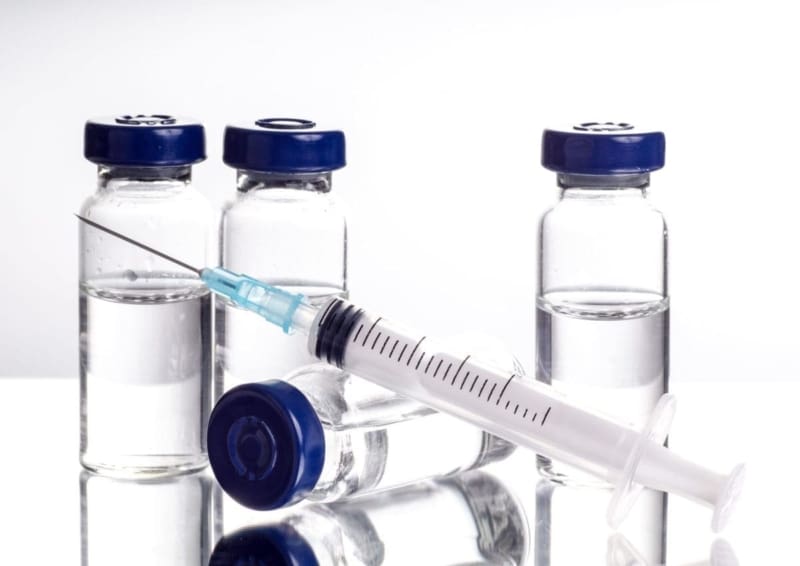
How allergy shots work
Another name for allergy shots is allergen immunotherapy. It is a type of treatment that relieves symptoms for people who have chronic allergies. Allergy shots contain small amounts of the thing you are allergic to, called an allergen. The first shot you get has a low amount of the allergen. The dose increases with each shot. Over time, this process helps your body fight the allergen. Your immune system creates antibodies to block its effect. The result is your allergy symptoms become less severe.


There are simple ways you can ease mild reactions to a bee sting and avoid getting stung again. Read More
Who Can Get Allergy Shots and What to Expect From Treatment
What kind of allergies can be treated with allergy shots?
Common allergens include mold and pollen from grasses, ragweed, and trees. You may be allergic to dust mites or an insect that stings, such as bees. Allergy shots also can relieve eye allergies or improve asthma symptoms.
Why should I get allergy shots?
Most people get allergy shots once they have tried other treatments that did not work. These can include avoiding allergens and taking medicine, such as an antihistamine.
Before starting allergy shots, your doctor will do an allergy test to determine the allergen. For a skin test, the doctor puts tiny amounts of allergens onto your skin using needles to see which ones you react to. For a blood test, the doctor may do a radioallergosorbent test (RAST) or ImmunoCAP test.
Can everyone get allergy shots?
Most people over the age of 5 can get allergy shots. You should not get them if you have severe asthma, heart problems, or take beta blockers. You also should not get them if you are pregnant. Talk to your doctor if you have been taking allergy shots for some time and become pregnant. You may be able to keep taking them.
How many shots do I have to get?
Most people get 1 or 2 shots each week at first. After about 6 months of weekly shots, your doctor will decide when you can start maintenance treatment. These shots usually are given once a month, year-round. You probably will need maintenance shots for 3 to 5 years. If your symptoms are better, you may be able to stop having shots.
Talk to your doctor if your symptoms do not improve after 6 months. You may need to try another form of treatment.
Risks, Safety, and Alternatives to Allergy Shots
Allergy shots usually are safe. However, because they contain small amounts of an allergen, you may have an allergic reaction to the shot itself. In the beginning of this process, your doctor will have you stay at the office for about 20 to 30 minutes after your shot. This is in case you have a bad reaction. If you do, your doctor can give you something right away to stop it.
One common reaction is swelling at the place of the shot. Some people can have severe, shock-like reactions to an allergy shot. This type of reaction is called anaphylaxis. It is rare but very serious. If you get your shots on schedule (each week or month), you are less likely to have this kind of reaction.
One newer allergy treatment is sublingual immunotherapy (SLIT). Currently, the U.S. Food and Drug Administration (FDA) has approved tablets for some grass pollen, ragweed, and dust mite allergens. Talk to your doctor about the option.
Questions to ask your doctor
- Should I get allergy shots?
- How many shots do I need and how often?
- How much do allergy shots cost?
- What are the side effects of allergy shots?
![]()
Copyright © American Academy of Family Physicians
This information provides a general overview and may not apply to everyone. Talk to your family doctor to find out if this information applies to you and to get more information on this subject.







